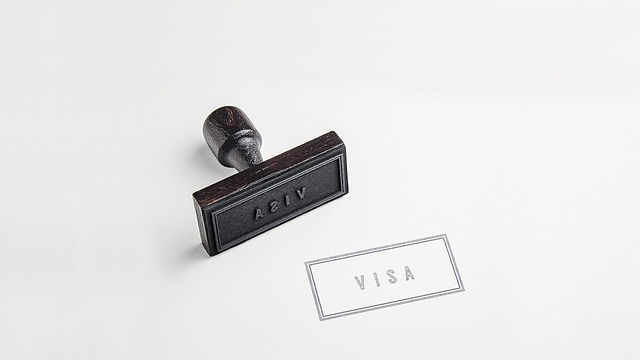Legal and documentation essentials for cross-border marriage ceremonies
Planning a cross-border marriage involves more than choosing a venue; it requires careful attention to legal and documentary details so the union is recognized in both countries. Couples should prepare certified identification, birth certificates, proof of marital status, and where necessary, translations and apostilles. Early coordination with consulates, local services, and an experienced legal advisor helps clarify requirements tied to nationality, residency, and language needs.

What documents are typically required and is English sufficient?
Common documents include passports, birth certificates, single-status affidavits or certificates, and sometimes proof of residency or divorce decrees. Many countries accept documents in English, but some require official translations or additional certification. Education or language certificates rarely substitute for identity proofs, yet knowing whether English is accepted can prevent last-minute delays. Verify whether originals, certified copies, or notarized versions are needed—requirements vary by registry office and country.
How can you verify and legalize paperwork online?
Many consulates and registry offices offer online portals to check required documents, submit inquiries, or book appointments. Online verification can guide you through apostille, notarization, and legalization techniques; some jurisdictions provide step-by-step packages for international couples. Use official government sites rather than third-party products that promise shortcuts. When using digital services, confirm acceptance of scanned documents and whether originals must be presented in person to avoid unexpected trips.
When are translations, apostilles, or notarizations required?
Translations and apostilles are common for cross-border marriages. Apostilles authenticate a public document for use abroad under the Hague Convention, while notarization confirms signatures or certifications locally. If a chosen country does not use English for official records, certified translation by a sworn translator may be mandatory. Keep copies of translator credentials and the translated text, and ensure apostille windows and notarial seals meet receiving-country standards to prevent refusal of registration.
What role do consulates, local services, and tourist seasons play?
Consulates offer authoritative guidance on documentation and can sometimes issue certificates or confirm requirements. Local services—such as registry offices, notaries, and translation agencies—handle in-country steps. Tourist seasons and peak travel periods can affect appointment availability and processing times, so plan well ahead. In destinations popular with tourists, local vendors may offer document packages, but always cross-check those packages with official consulate advice to confirm completeness.
How to respect cultural elements like colors, painting, or artistic expression?
Cultural traditions often influence ceremony design, from colors used in dress to decorative painting or watercolor invitations. While these choices don’t affect legal recognition, they intersect with civil requirements when public spaces or venues need permits. Consider the creative process when planning: if you commission local artists or products, ensure supplier contracts clarify delivery timelines and intellectual-property considerations. Respect local customs around attire and ceremony techniques to avoid administrative friction or denied venue approvals.
Do destination activities—chef services, cooking, dressage, or skiing—affect legal planning?
Ceremony-related activities such as hiring a chef for an official reception, booking cooking workshops, or arranging sport events like dressage, jumping demonstrations, or skiing excursions do not change legal marriage requirements—but they can influence logistics and vendor contracts. If you include remote locations, check insurance and liability paperwork. Vendor packages for tourist activities may require identification and signed waivers; ensure these documents align with any visa or residency proofs submitted to authorities.
Conclusion Cross-border marriage ceremonies require coordinated preparation across documentation, translation, legalization, and local logistics. Combining early legal checks, confirmed translations and apostilles, and clear communication with consulates and local services reduces risk of delays. Integrate cultural preferences and vendor arrangements into your timeline to secure legal recognition and a smoother ceremony experience.




